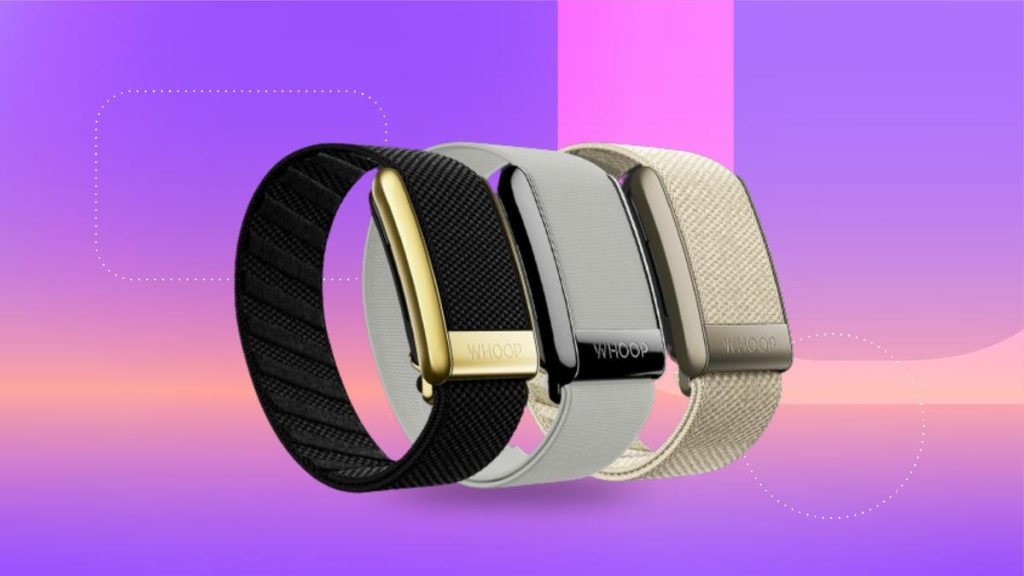Sleep trackers are devices that help individuals monitor and analyze their sleep patterns to improve sleep quality. Different types of sleep trackers are available, including wearables, bed sensors, and bedside devices, each offering unique features and metrics. The Whoop 4.0 Band is considered one of the best sleep trackers due to its detailed sleep information and personalized recommendations. With features like body temperature sensors and photodiodes, the band provides valuable insights into sleep quality and patterns.
Another popular sleep tracker is the Fitbit, a fitness tracker that also measures sleep data such as heart rate, blood oxygen levels, and time spent in different sleep stages. The Fitbit Inspire 3 offers additional features like stress management scores and mindfulness sessions to help users respond to stress in healthier ways. The Oura Ring, a high-tech, lightweight device worn on a finger, tracks heart rate, blood-oxygen levels, sleep stages, and overall sleep score. It also offers insights into stress, menstrual cycles, and illness monitoring.
For those who prefer non-wearable sleep trackers, options like the Withings Sleep Tracking Mat and the Google Nest Hub provide convenient solutions. The Withings mat goes underneath the mattress to track heart rate, respiratory rate, movements, and sleep cycles without the need for a wearable device. The Google Nest Hub, on the other hand, is an all-in-one smart home device that offers sleep tracking features like monitoring sleep cycles, heart rate, and respiratory rate. It can also function as a sunrise alarm clock and offers additional smart home features.
The Sleep Number 360 Smart Bed c2 combines a mattress with sleep tracking technology, using sensors throughout the mattress to track movement, heart rate, temperature, and breathing. This smart bed offers personalized insights through the SleepIQ® app and can automatically adjust firmness levels for individual comfort. The variety of sleep trackers available cater to different preferences and budgets, offering valuable insights into sleep quality and patterns to help users improve their overall well-being.
When choosing a sleep tracker, factors like the type of tracker, price range, and additional features should be considered. Wearable sleep trackers use sensors like heart rate monitors and accelerometers to measure sleep stages and patterns, while non-wearable trackers rely on motion sensors and environmental factors to track sleep quality. Sleep tracking technology provides valuable information on sleep stages, disturbances, and lifestyle habits, empowering users to make informed decisions to improve their sleep hygiene and overall quality of life.


